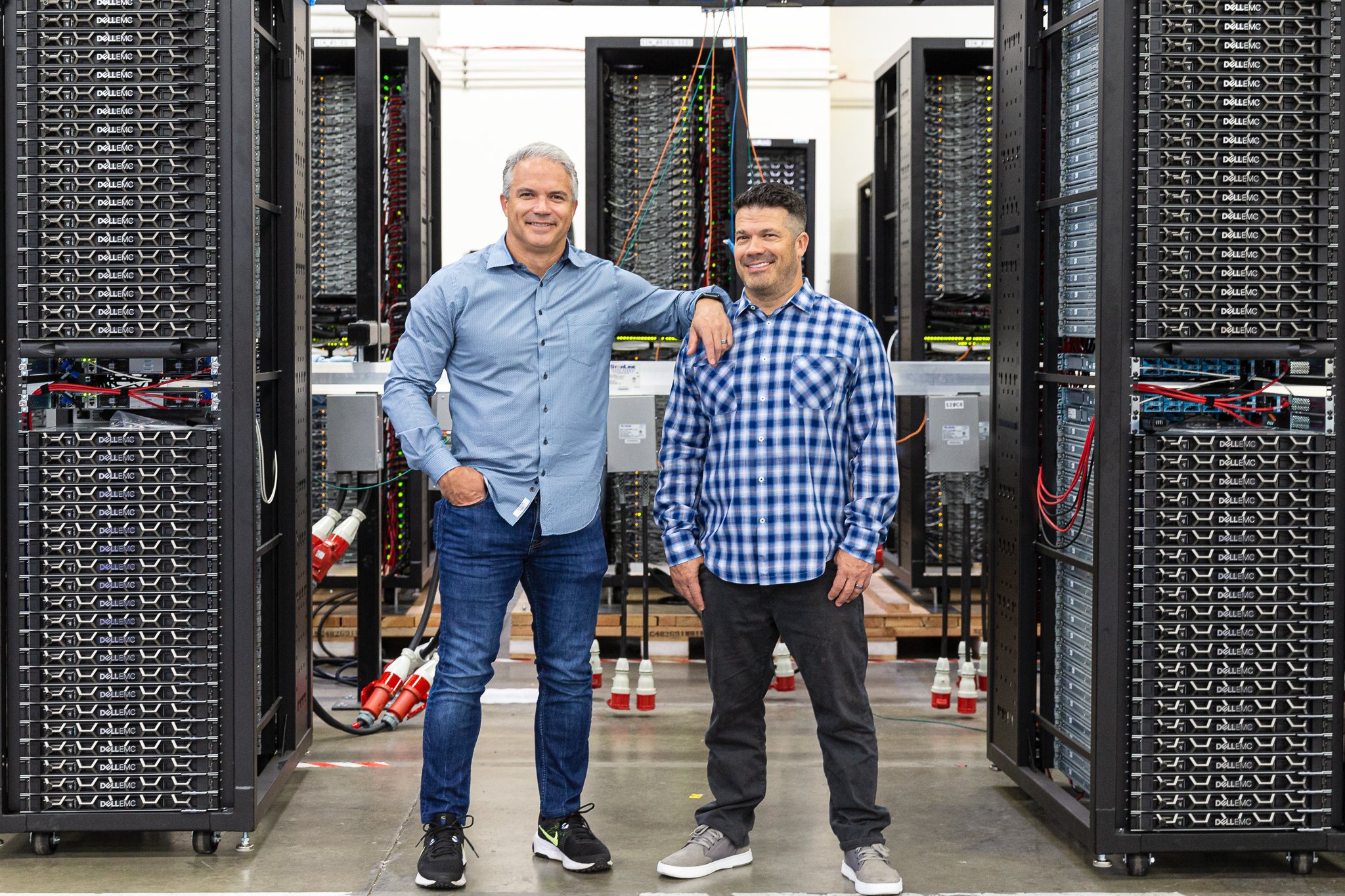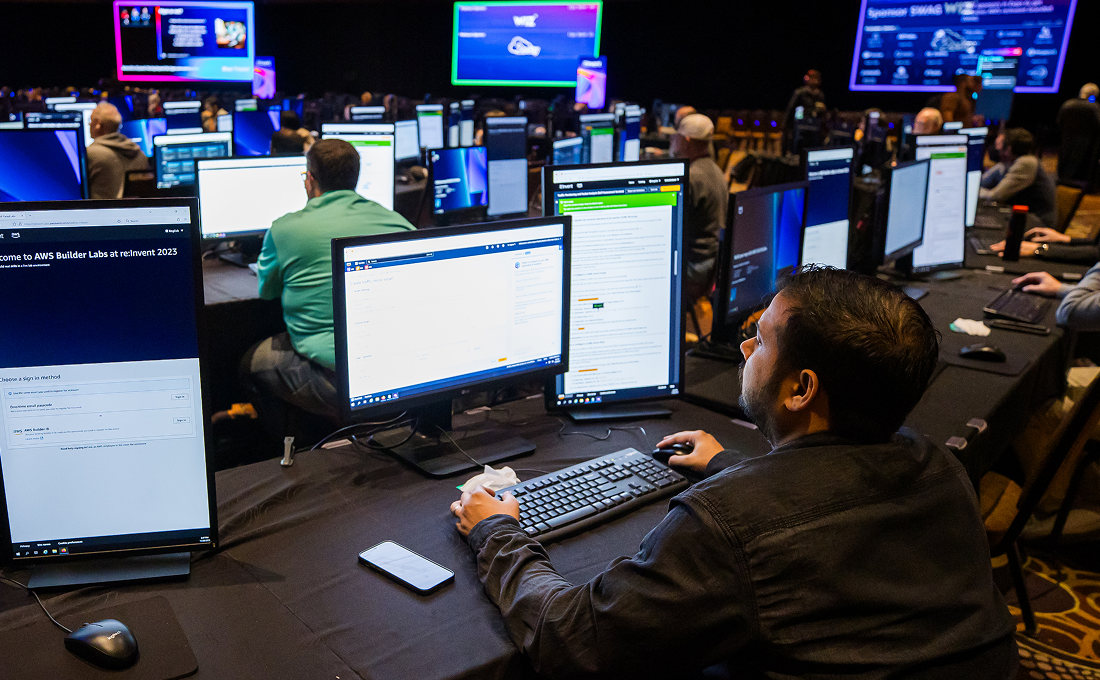As becoming technologically adept becomes a key strategy for corporate competitiveness, finding the right talent to deploy, maintain and improve these technologies is paramount.
According to a recent EY survey, nearly one third of businesses claim to have implemented full scale AI systems. Whether or not these organizations actually leverage AI to its fullest potential or if they are simply branding algorithmic mechanisms and machine learning as true AI, they recognize it as an integral part of their company.
Regardless of the type of artificial intelligence, machine learning or advanced analytics, companies still need capable people to launch and maintain these systems.
Joe McKendrick of Forbes investigates the types of jobs required to make AI a reality in today’s companies. For executives and managers, the challenge will be identifying skills that move the needle and how to mold existing relevant skills into nascent positions and career paths.
What’s Holding AI Back and Pushing it Forward
One of the major barriers to full AI implementation in today’s organizations is the lack of talent. Some managers also take the “wait and see” approach according to McKendrick, because the current technology in circulation doesn’t deliver the value they need or expect in order to validate a large-scale implementation. They would rather wait for the technology to mature and the talent pool to grow.
Many leading enterprise technology companies are sprinting towards AI as a key product offering. The enthusiasm for AI from a vendor perspective may also push more reluctant companies to implement sooner than expected. Thus, companies will need to hire the right people to see AI implementations through and maintain the technologies.
Download our free eBook, The Enterprise Guide to Kicking Off the AI Adoption Process.
Human Collaboration with AI Technologies
AI and similar technologies often seem rapacious and menacing when it comes to the topic of jobs and the future of work.
Companies must remember to put people first. It’s important to equip current employees with the right training to operate AI enabled systems and find other productive avenues for work if certain tasks become automated.
As more research and development goes into AI, the technology and its implementation and management will become simpler requiring less technically astute employees to operate it.
McKendrick predicts that the increased accessibility of AI technology, coupled with competition in the marketplace, will drive demand for increased human intelligence to run artificial intelligence.
How AI Assists with Job Hunting
Job hunting can be an arduous process. While some of the best jobs are never posted on the internet, the ones that are can be scattered between company websites, job boards and social media sites.
Sifting through job postings can feel dizzying and finding the right position that fits your experience, goals and passions can sometimes feel downright impossible on the internet. A recent Forbes article highlights how the future of job hunting will rely heavily on AI to do the heavy lifting.
Just think, in the span of less than 20 years, job hunting will have evolved from newspaper want ads to online job boards to social sites like LinkedIn to AI powered headhunting.
While industry strategies may differ, experts in the recruiting field agree that AI can help streamline the connection between employer and candidate.
With the vast amounts of data collected on skillsets, job titles and salaries, AI can help job boards like Indeed make accurate predictions on hiring competition and compensation. It helps cut down on the research time for job seekers and helps employers find qualified candidates faster.
Natural language to the rescue
The Forbes article highlights the AI technology leveraged by Indeed. Indeed’s AI uses natural language processing to pull words and phrases that relate to job information from resumes such as years of experience or industry certification.
As resumes come in, the information is compiled and set aside in a way that’s easier for recruiters to navigate. The AI compilation helps weed out incompatible candidates and narrow down the pool of top candidates.
AI doesn’t just benefit the employer, it also can help job seekers cut down on search time and find the right fit by suggesting jobs that may suit them.
Testing your skills
Forbes also discusses the concept of skills testing. This is especially crucial for coding jobs.
CodeSignal, a San Francisco company, offers practice coding tests for professionals in the space. Their test scores are recorded on the CodeSignal platform. Their AI can then match coders with potential employers based on their profile and scores.
Tigran Sloyan, CEO of CodeFights, predicts that job boards will evolve into education centers where job seekers can further develop skillsets. With the power of AI, recruiting sites have the potential to create opportunity like never before.
Learn everything you need to take to successfully bring AI solutions to your enterprise. Download our free eBook, The Enterprise Guide to Kicking Off the AI Adoption Process.














/data-capital-webinar_mockup.png?width=352&name=data-capital-webinar_mockup.png)